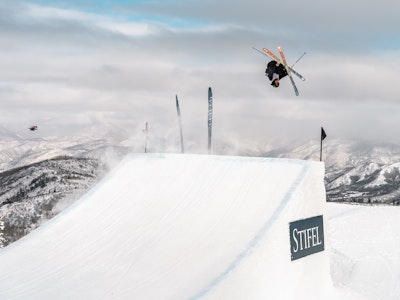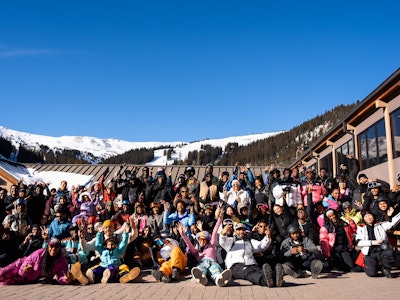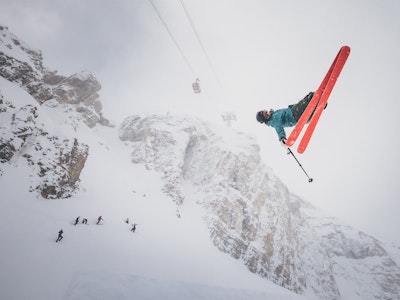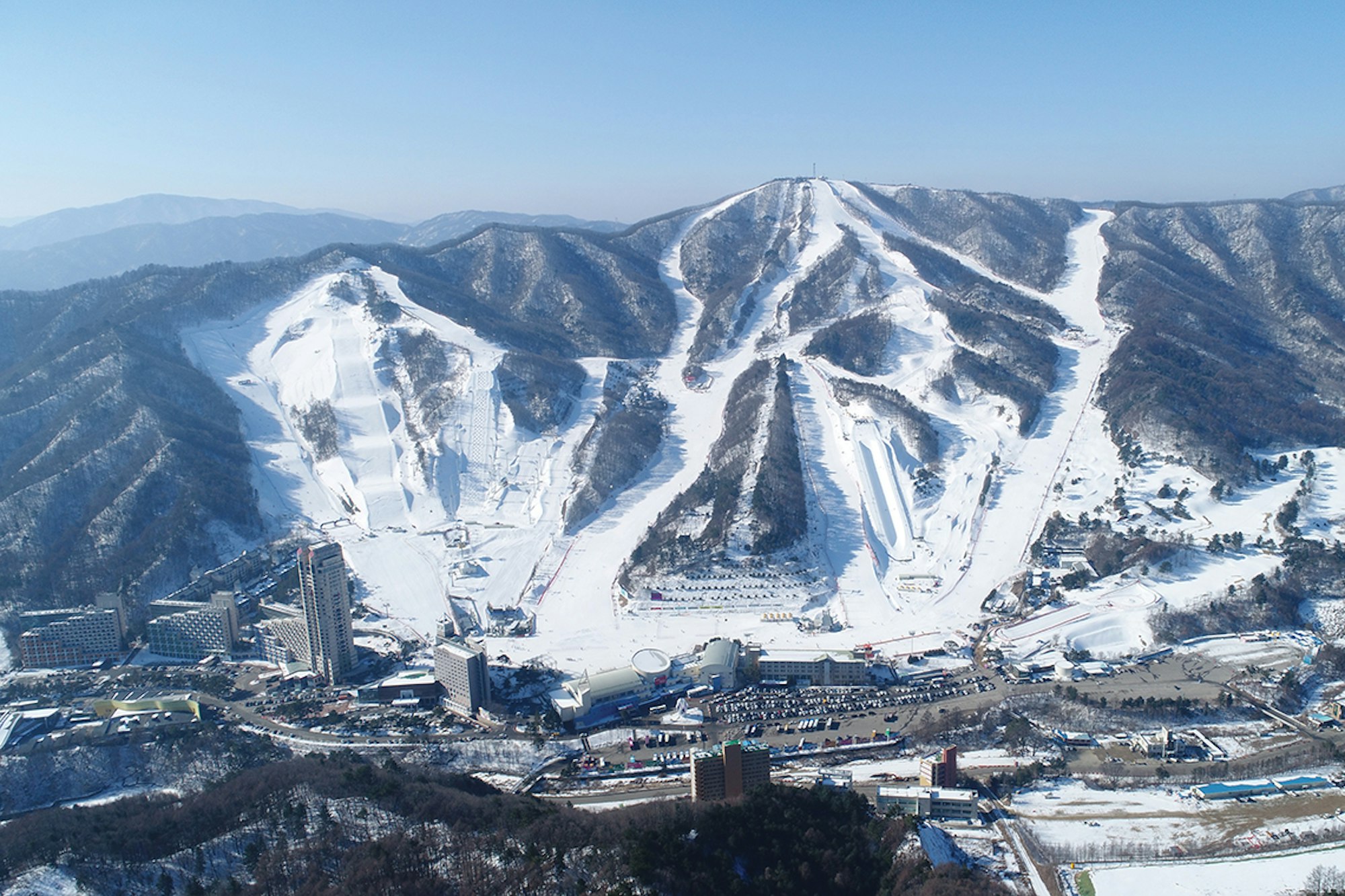

The XXIII Olympic Winter Games will be held for 17 days from February 9-25, 2018, in PyeongChang, Gangwon Province, the Republic of Korea. This marks the first time the Olympics have been staged in Korea since the Summer Games were hosted in Seoul, in 1988. Japan is the only other Asian country to have hosted the Olympic Winter Games in both 1972 (Sapporo) and 1998 (Nagano).
The Paralympic Games will run March 9-18, 2018. More than 670 athletes representing 45 nations are expected to compete in a total of 6 sports and a total of 80 events.
VENUES
The 2018 PyeongChang Winter Games will be contested across 12 competition venues spread between 2 clusters: a coastal cluster of arenas for skating and curling and a mountain cluster for skiing and sliding.
The mountain cluster consists of Alpensia Resort (site of the ski jumping, big air, Nordic combined, biathlon, cross-country skiing, luge, bobsleigh and skeleton events—and also the slalom and giant slalom alpine skiing events, at Yongpyong Alpine Centre) and two stand-alone venues.
The stand-alone venues include the Jeongseon Alpine Centre—where downhill, super-G, and combined alpine skiing events will be held—and, for all you freeskiing lovers out there, Bokwang Phoenix Snow Park, where the freestyle skiing and (most of the) snowboarding events will be held. Freestyle skiing events include aerials, moguls, ski cross, halfpipe and slopestyle. Snowboarding events to be hosted at the Bokwang Phoenix Snow Park include slalom, halfpipe, snowboard cross and slopestyle.
The aforementioned venues are located a maximum of 30 minutes from PyeongChang, by train. Additionally, the completion of a $3.7 billion bullet train line connecting Seoul with PyeongChang allows spectators to travel from the country’s capital to the Olympic hub in approximately 69 minutes. PyeongChang is about 80 miles east of Seoul and about 50 miles south of the Demilitarized Zone (DMZ) separating North and South Korea.
Bokwang Phoenix Snow Park Stats
Did you know? Korea has 19 ski resorts, according to the Ski Resort Business Association of Korea. Most of the ski resorts are located in Gangwon-do (the region with the most annual snowfall, on average) including the Olympic venues.
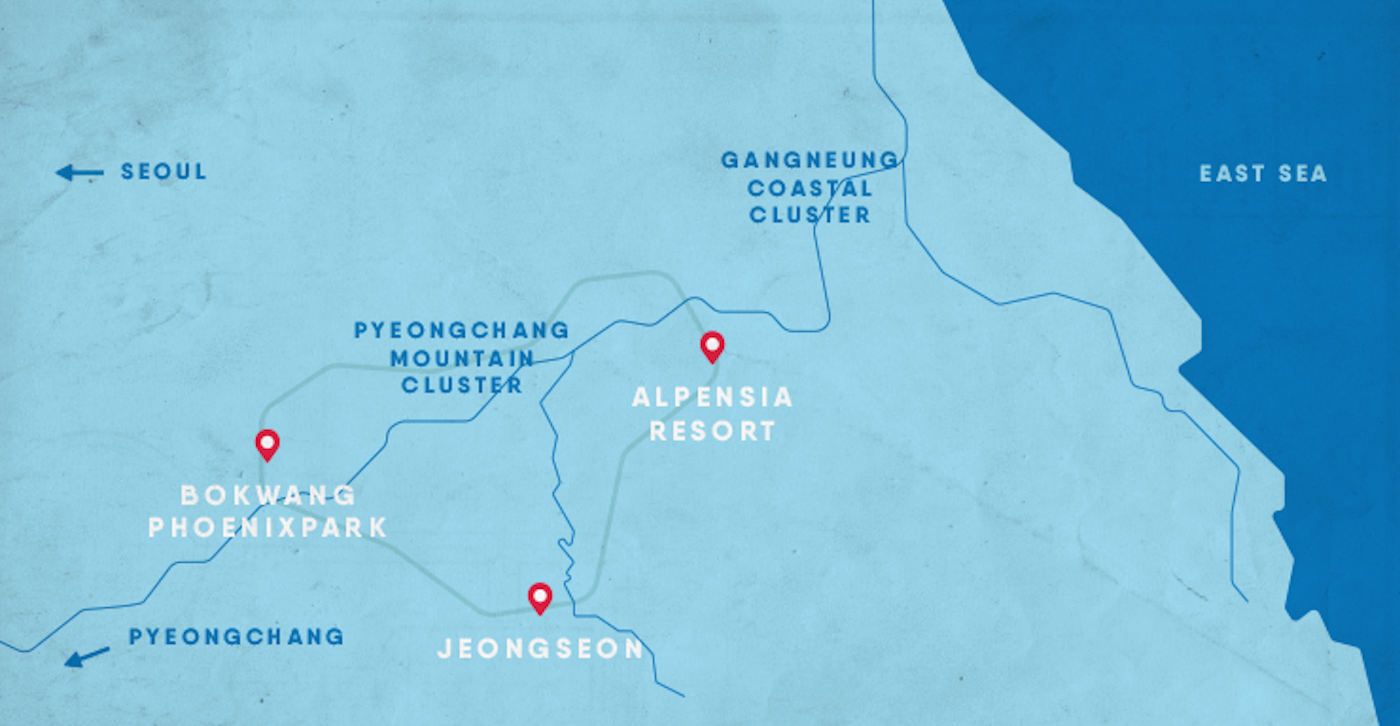
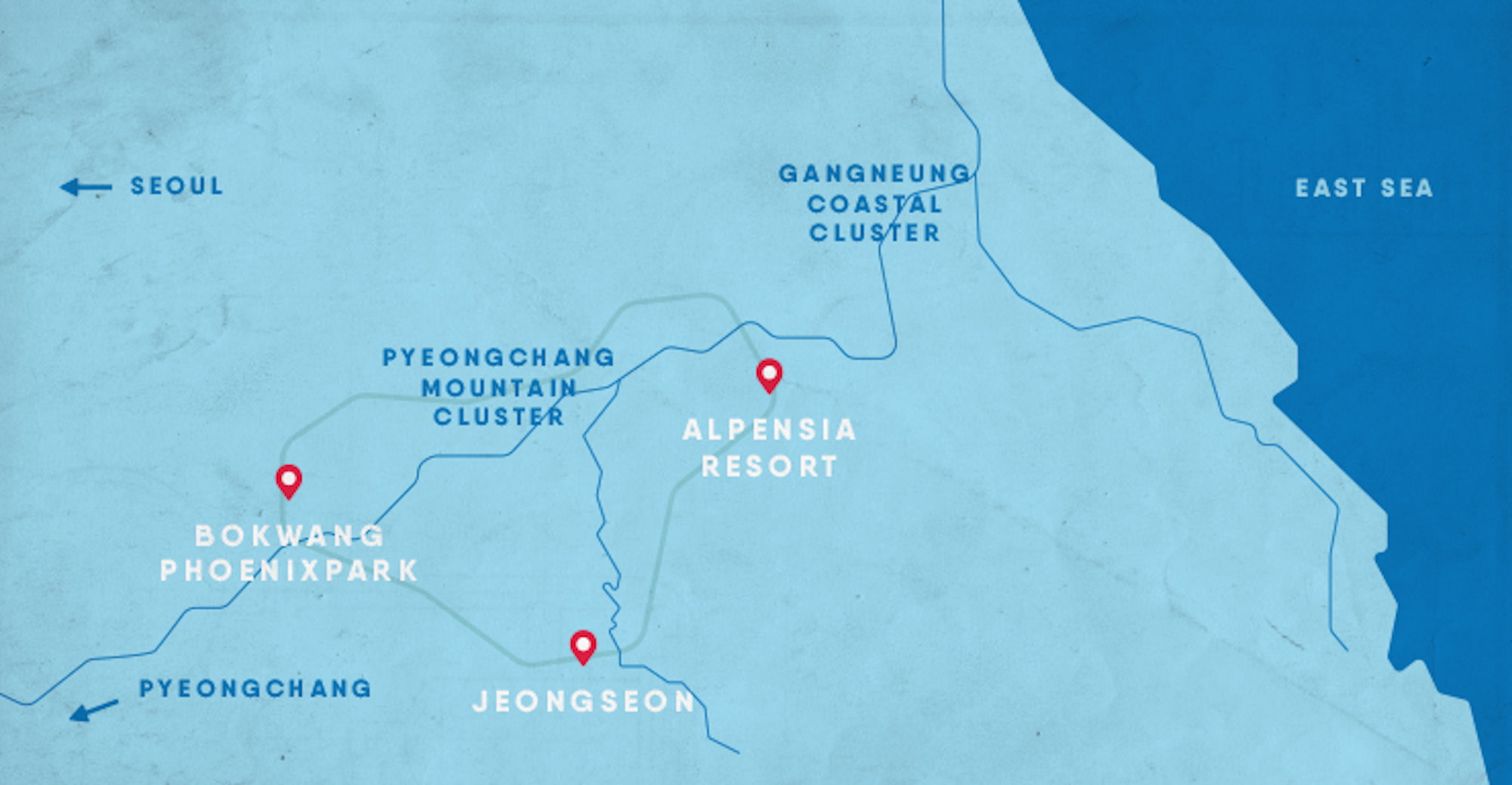
FIRST AND LAST
The first Olympic Winter Games were held in Chamonix, France, in 1924 and the 22nd edition of the Games were celebrated in Sochi, Russia, in 2014.
THE HARDWARE
Lee Suk-Woo is the designer of the medals for the 2018 Olympic Winter Games. He incorporated Hangeul (the Korean alphabet and the foundation of Korean culture) into the design of the medals by using a series of three-dimensional consonants. The ribbons attached to the medals are made from Gapsa, a traditional Korean fabric. Each gold medal weighs 586 grams (1.29 pounds); silver medals weigh 580 grams (1.28 pounds); and bronze medals clock in at 493 grams (1.09 pounds), making them the heaviest Olympic medals in history.
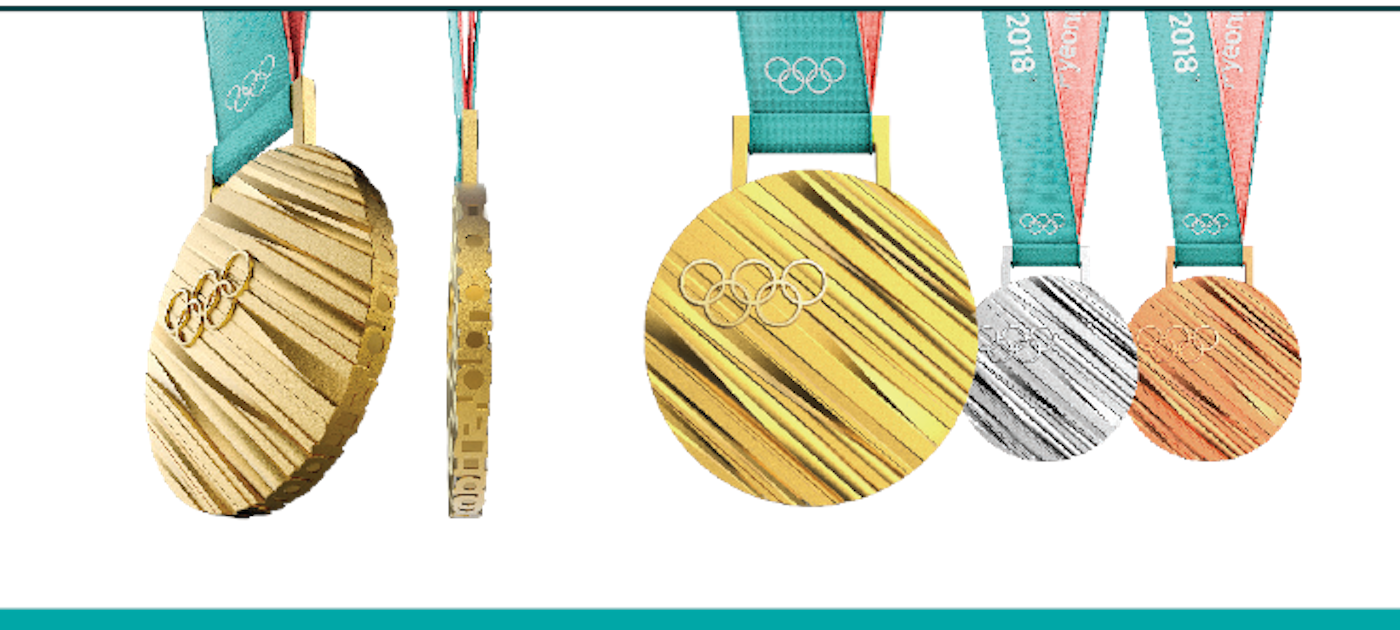
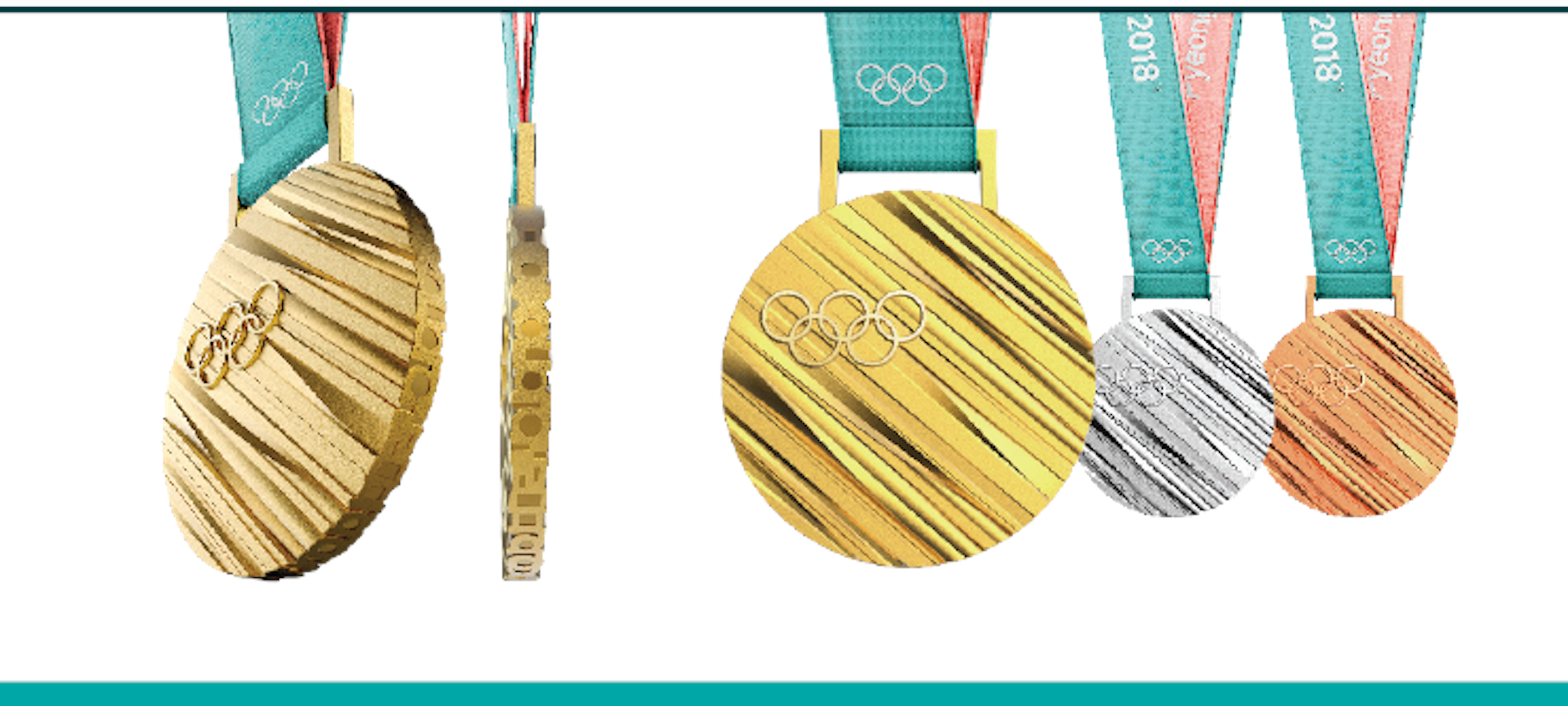
2018 OLYMPIC FREESKIING CONTEST & TV SCHEDULE
Note: Korea Standard Time is 16 hours ahead of Mountain Time; where an event may be listed as taking place on February 16, keep in mind, it will in fact be taking place on February 17, across the pond. OK, dive in!
Friday, February 16, 2018:
Women’s freeski slopestyle qualifying — 6:00 p.m. (nbcolympics.com)
Women’s freeski slopestyle finals ???? — 9:00 p.m. (NBC primetime coverage; nbcolympics.com)
Note: When viewing the official contest & television schedule at nbcolympics.com, you’ll find a discrepancy between the start time of the women’s freeski slopestyle finals (9:00 p.m. MT) and the associated television coverage (10:35 p.m. MT); please contact your local provider for more information.
Saturday, February 17, 2018:
Men’s freeski slopestyle qualifying — 6:00 p.m. MT (NBCSN; nbcolympics.com)
Men’s freeski slopestyle finals ???? — 9:15 p.m. MT (NBC primetime coverage; nbcolympics.com)
Sunday, February 18, 2018:
Women’s freeski halfpipe qualifying — 6:00 p.m. MT (nbcolympics.com)
Monday, February 19, 2018:
Women’s freeski halfpipe finals ???? — 6:00 p.m. MT (NBC primetime coverage; nbcolympics.com)
Men’s freeski halfpipe qualifying — 9:00 p.m. MT (NBC primetime coverage; nbcolympics.com)
Note: When viewing the official contest & television schedule at nbcolympics.com, you’ll find a discrepancy between the start time of the men’s freeski halfpipe qualifying (9:00 p.m. MT) and the associated television coverage (10:05 p.m. MT); please contact your local provider for more information.
Tuesday, February 21, 2018:
Men’s freeski halfpipe finals ???? — 7:30 p.m. MT (NBC primetime coverage; nbcolympics.com)
*Schedule above is subject to change.

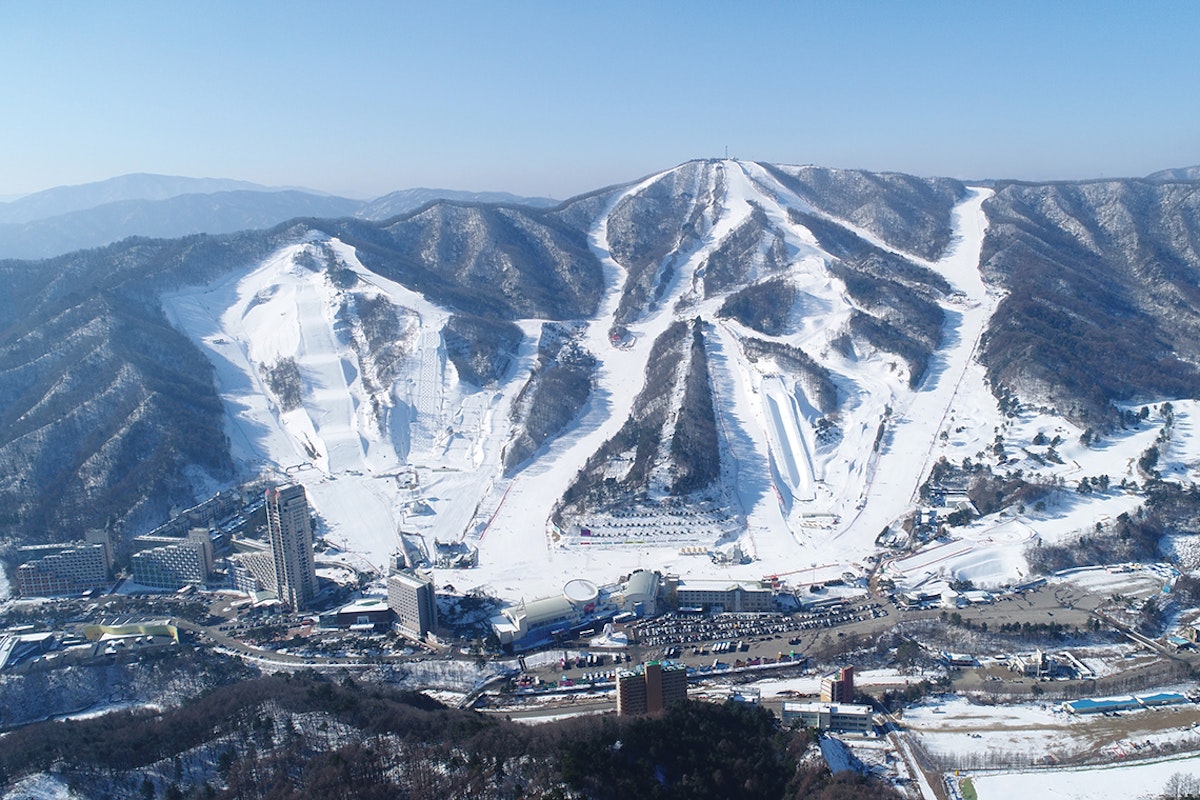
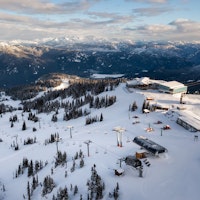
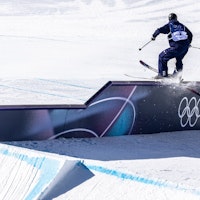
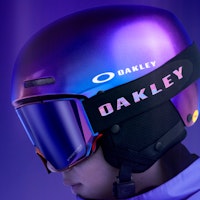
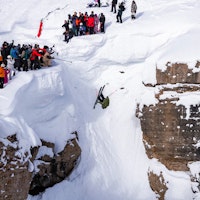
![[GIVEAWAY] Win Nordica's All-New Unleashed 106](https://www.datocms-assets.com/163516/1770321616-nordica.webp?w=200&h=200&fit=crop)
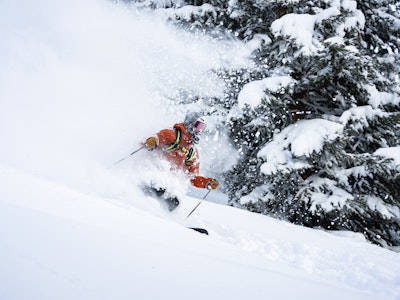
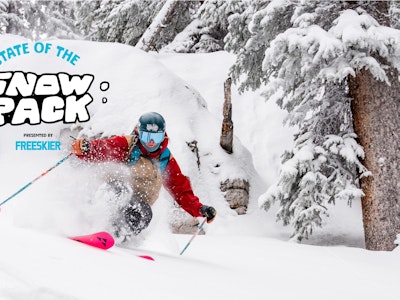
![[ FIRST LOOK] New 2027 Gear From Head Skis and Ski Boots](https://www.datocms-assets.com/163516/1771020784-031125_amp_fs_0398.jpg?auto=format&w=400&h=300&fit=crop&crop=faces,entropy)
![[FIRST LOOK] New 2027 Gear from Dynastar Skis and Lange Boots](https://www.datocms-assets.com/163516/1771020784-gabriel_rovick_freeskiergearlab2024-f4dstudio-05595.jpg?auto=format&w=400&h=300&fit=crop&crop=faces,entropy)
![[FIRST LOOK] 2027 Gear from Blizzard Skis and Tecnica Ski Boots](https://www.datocms-assets.com/163516/1770846372-shine_sept25_portillo_178-edited.jpeg?auto=format&w=400&h=300&fit=crop&crop=faces,entropy)
